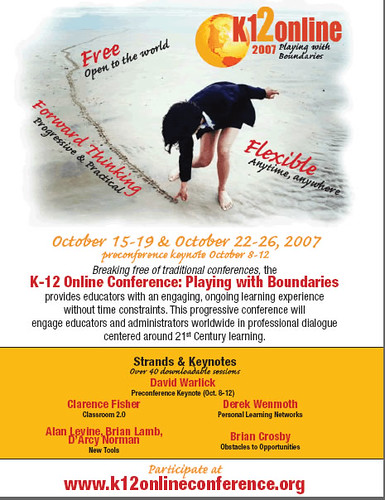Trent Reznor of Nine Inch Nails recently posted his thoughts on his plan for a user-generated content site where fans would be encouraged to remix and mash-up NIN content. Due to a lawsuit by Universal Studios (NIN music copyright holder) against Youtube and MySpace, the plans for this site have been cancelled.
On Saturday morning I became aware of a legal hitch in our plans. My former record company and current owner of all these master files, Universal, is currently involved in a lawsuit with other media titans Google (YouTube) and News Corp (MySpace). Universal is contending that these sites do not have what is referred to as “safe harbor” under the Digital Millennium Copyright Act, and therefore are in copyright violation because users have uploaded music and video content that is owned by Universal. Universal feels that if they host our remix site, they will be opening themselves up to the accusation that they are sponsoring the same technical violation of copyright they are suing these companies for. Their premise is that if any fan decides to remix one of my masters with material Universal doesn’t own – a “mash-up”, a sample, whatever – and upload it to the site, there is no safe harbor under the DMCA (according to Universal) and they will be doing exactly what MySpace and YouTube are doing. This behavior may get hauled out in court and impact their lawsuit. Because of this they no longer will host our remix site, and are insisting that Nine Inch Nails host it. In exchange for this they will continue to let me upload my Universal masters and make them available to fans, BUT shift the liability of hosting them to me. Part of the arrangement is having user licenses that the fans sign (not unlike those on MySpace or You Tube) saying they will not use unauthorized materials. If they WERE to do such a thing, everybody sues everybody and the world abruptly ends.
Reznor then points to an article at Ars Technica describing a similar suit between Viacom and Youtube. This excerpt stresses how important these law suits are and the implications on user-generated content.
The DMCA’s Safe Harbor provisions aren’t just important to video sharing sites; they’re important to almost every sector of Internet-based business.
“Nearly every major Internet company depends on the very same legal foundation that YouTube is built on,” said von Lohmann. “A legal defeat for YouTube could result in fundamental changes to its business, potentially even making it commercially impossible to embrace user-generated content without first ‘clearing’ every video. In other words, a decisive victory for Viacom could potentially turn the Internet into TV, a place where nothing gets on the air until a cadre of lawyers signs off,” he said. “More importantly, a victory for Viacom could potentially have enormous implications for Yahoo, eBay, Amazon, MySpace, and many other Internet companies, because they all rely on the same DMCA Safe Harbors to protect many facets of their businesses, as well. The stakes are high all around.”

